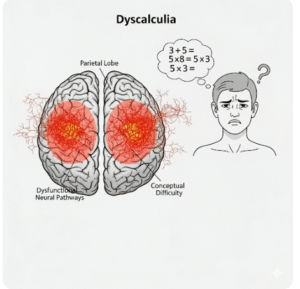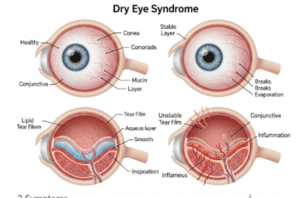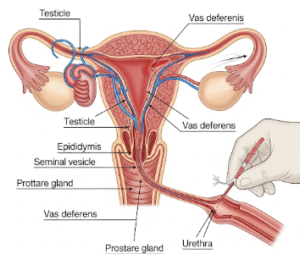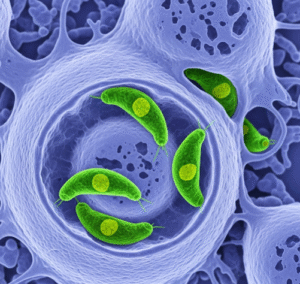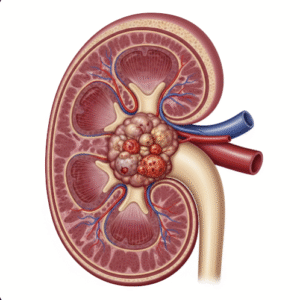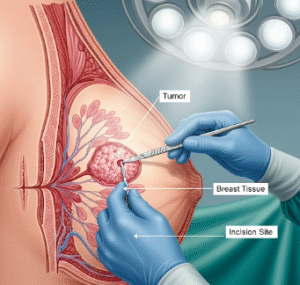Overview
Chronic Kidney Disease (CKD) is a progressive condition where the kidneys gradually lose function over time. In Korea, specialized nephrology centers provide early diagnosis, ongoing management, and treatment to slow disease progression and prevent complications such as kidney failure and cardiovascular disease.
What is Chronic Kidney Disease?
CKD occurs when the kidneys are damaged and cannot filter blood efficiently, leading to buildup of waste products, fluid imbalance, and hormonal disruption. The condition is classified into stages (1–5) based on glomerular filtration rate (GFR), with stage 5 representing kidney failure requiring dialysis or transplantation.
Symptoms
- Fatigue and weakness
- Swelling in hands, feet, or face (edema)
- Persistent nausea or vomiting
- Loss of appetite
- Changes in urination (frequency, color, or foamy urine)
- High blood pressure
- Muscle cramps and bone pain
- Itching and dry skin in advanced stages
Causes
- Diabetes mellitus (most common cause)
- Hypertension (high blood pressure)
- Glomerulonephritis or other kidney diseases
- Polycystic kidney disease (genetic cause)
- Prolonged obstruction of the urinary tract
- Recurrent kidney infections
Risk Factors
- Diabetes or poor blood sugar control
- Hypertension or uncontrolled blood pressure
- Family history of kidney disease
- Older age
- Obesity and metabolic syndrome
- Cardiovascular disease
- Long-term use of certain medications (NSAIDs, some antibiotics)
Complications
- Kidney failure requiring dialysis or transplantation
- Cardiovascular disease, including heart attack and stroke
- Fluid retention leading to edema
- Anemia due to decreased erythropoietin production
- Bone disease (renal osteodystrophy)
- Electrolyte imbalances
- Increased risk of infections
Prevention
- Control blood sugar and blood pressure
- Maintain a healthy weight and diet
- Avoid smoking and limit alcohol intake
- Regular kidney function screening for high-risk individuals
- Hydration and avoidance of nephrotoxic medications
Treatment Options in Korea
CKD management focuses on slowing progression, managing complications, and maintaining quality of life:
- Medications:
- Blood pressure medications (ACE inhibitors, ARBs)
- Medications to control blood sugar in diabetics
- Diuretics to manage fluid retention
- Phosphate binders and vitamin D supplements for bone health
- Erythropoiesis-stimulating agents for anemia
- Lifestyle interventions:
- Low-sodium and kidney-friendly diet
- Regular exercise within medical recommendations
- Smoking cessation and alcohol moderation
- Advanced interventions:
- Dialysis (hemodialysis or peritoneal dialysis) for end-stage kidney disease
- Kidney transplantation in eligible patients
- Specialized hospitals in Korea:
- Samsung Medical Center Nephrology, Seoul National University Hospital, Asan Medical Center, Severance Hospital
- Multidisciplinary teams including nephrologists, dietitians, dialysis specialists, and transplant surgeons
- Follow-up care:
- Regular monitoring of kidney function, blood pressure, and electrolytes
- Management of complications and medication adjustments
- Patient education on diet, lifestyle, and self-monitoring


